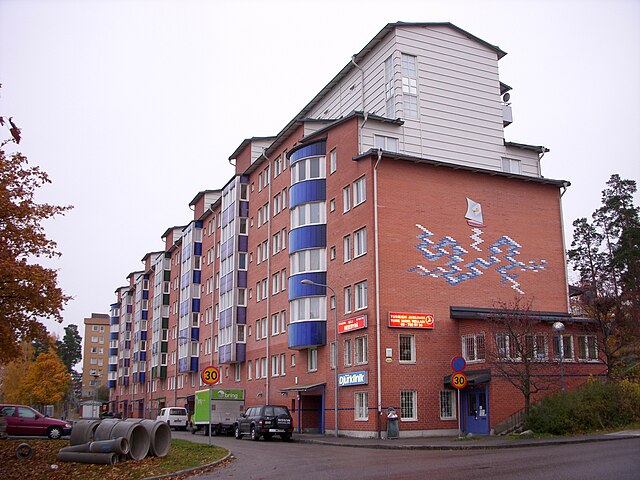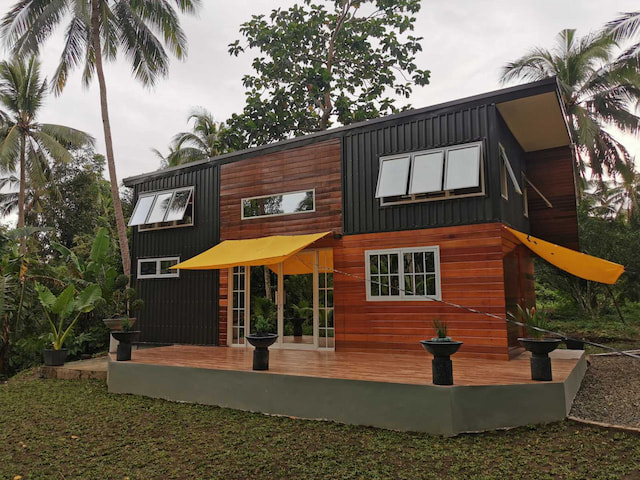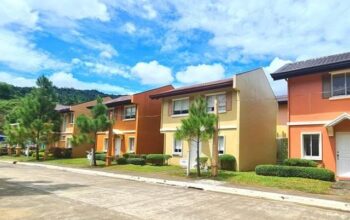The COVID-19 pandemic has left an indelible mark on every facet of our lives, and the real estate sector is no exception. Singapore, known for its resilient economy and robust real estate market, faced unprecedented challenges as the pandemic unfolded. This article explores the multifaceted impact of COVID-19 on Singapore’s real estate landscape, delving into the challenges faced by the industry and uncovering the opportunities that emerged in the wake of the crisis.
Unveiling the Challenges
1. Market Volatility and Uncertainty
The onset of the pandemic brought about a wave of uncertainty, causing unprecedented volatility in global financial markets. Singapore’s real estate market, closely tied to economic stability, experienced fluctuations in property values and investment sentiment. The uncertainty surrounding the duration and severity of the pandemic exacerbated concerns among investors, leading to cautious decision-making.
2. Remote Work and Changing Demand
As remote work became the new norm, the demand for commercial real estate underwent a significant shift. With businesses embracing flexible work arrangements, the demand for office spaces dwindled. Conversely, there was a surge in demand for residential properties offering spacious home offices and better amenities, reshaping the dynamics of the real estate market.
3. Supply Chain Disruptions
The real estate sector relies heavily on a smooth supply chain for construction materials and labor. The pandemic-induced disruptions in the supply chain led to construction delays and increased costs. This, in turn, impacted project timelines and posed challenges for developers in completing and delivering properties on schedule.
Discovering Opportunities Amidst Adversity
1. Rise of Digital Real Estate Platforms
In response to social distancing measures and travel restrictions, the real estate industry embraced digital transformation. Virtual property tours, online auctions, and digital transactions became integral to the property buying process. This shift not only facilitated business continuity but also opened new avenues for reaching potential buyers globally.
2. Government Stimulus Measures
Recognizing the economic impact of the pandemic, the Singaporean government implemented stimulus measures to support businesses and individuals. These measures, including financial aid and tax incentives, provided a lifeline for the real estate sector. Developers and investors were able to navigate financial challenges more effectively with the government’s support.
3. Adaptation and Innovation in Design
The changing preferences of homebuyers spurred innovation in property design. Developers began prioritizing features such as dedicated home offices, green spaces, and wellness amenities. The pandemic acted as a catalyst for reimagining the concept of an ideal home, giving rise to properties that aligned with the evolving needs of residents.

Future Outlook
As Singapore continues to navigate the aftermath of the pandemic, the real estate landscape is poised for a transformative journey. The lessons learned from the challenges faced during COVID-19 have paved the way for a more resilient and adaptable industry. Please take a moment to visit their Lake Garden Residence Ready Home to learn more about Singapore’s real estate landscape.
Conclusion
The impact of COVID-19 on Singapore’s real estate landscape has been profound, encompassing challenges and opportunities that have reshaped the industry. From market uncertainties to innovative solutions, the real estate sector has proven its ability to adapt to unprecedented circumstances. As Singapore emerges from the pandemic, the real estate market is set to evolve, guided by lessons learned and a newfound resilience.





